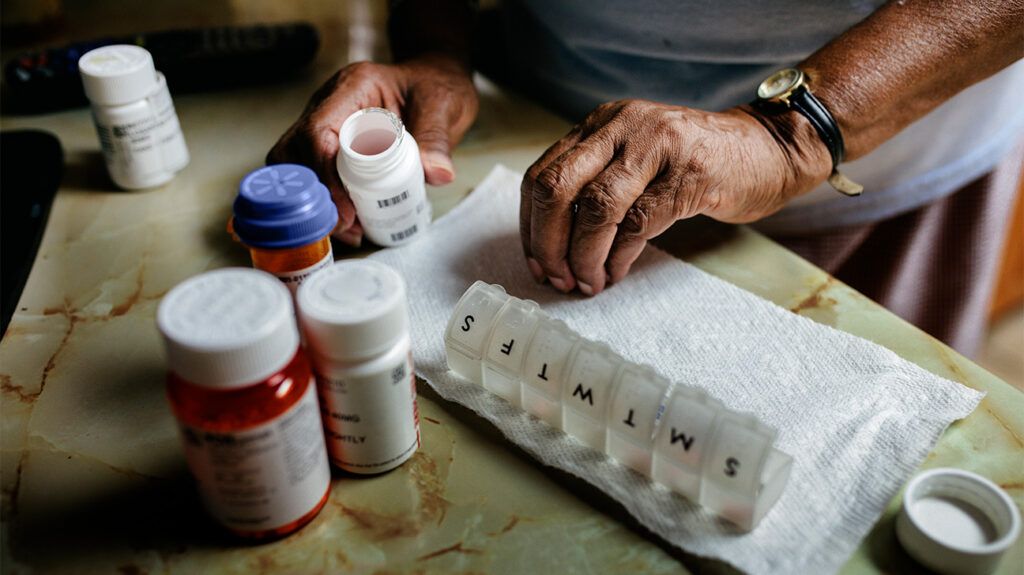Enhanced COPD Care Pathway Shortens Hospital Stay and Boosts Pulmonary Rehab Referrals

Implementing a structured COPD care pathway can significantly reduce hospital stays and increase referrals to pulmonary rehabilitation, leading to better patient outcomes and more standardized care protocols.
Recent research highlights the positive impact of implementing a structured COPD care pathway within hospital settings. This approach not only reduces the length of hospital stays for patients experiencing acute exacerbations but also increases the likelihood of referrals to essential pulmonary rehabilitation programs. The study, published in the journal of the COPD Foundation, emphasizes that standardizing treatment through evidence-based pathways leads to better patient outcomes and more efficient care. The pathway focuses on accurate diagnosis verification, comprehensive patient education, timely referrals, and discharge planning, ensuring each step aligns with clinical best practices. Notably, patients managed under this protocol are more often discharged directly home, reducing unnecessary admissions to care facilities, and are more frequently directed toward recovery programs, which are vital for ongoing respiratory health management. CDCs and hospitals are encouraged to expand the use of such pathways to improve the quality and consistency of COPD care.
Chronic obstructive pulmonary disease (COPD) encompasses conditions like chronic bronchitis and emphysema, primarily caused by genetic factors, smoking, or pollution. It affects over 30 million Americans and ranks as the fourth leading cause of death worldwide. Patients often face hospitalization during severe flare-ups, but care varied significantly before the adoption of standardized pathways. This study was carried out in a large academic medical center, demonstrating that decision-support tools like care pathways offer real-time guidance to clinicians, leading to more uniform and effective treatment. Dr. Nancy Kim from Yale School of Medicine states that such pathways help improve outcomes by guiding healthcare providers with the latest expert recommendations. The findings strongly suggest that broader implementation of COPD care pathways could result in shorter hospital stays, increased access to rehabilitation services, and overall enhanced patient recovery.
For more information, see the original study: Nancy Kim et al., "Impact of an Inpatient COPD Care Pathway on Hospital Care Process and Outcome Metrics," published in Chronic Obstructive Pulmonary Diseases: Journal of the COPD Foundation (2025). Source: https://medicalxpress.com/news/2025-08-copd-pathway-shorter-hospital-stays.html
Stay Updated with Mia's Feed
Get the latest health & wellness insights delivered straight to your inbox.
Related Articles
5G Technology Confirmed Safe: No Genetic Impact on Skin Cells, Study Shows
A recent study confirms that 5G wireless technology does not cause genetic changes in human skin cells, supporting its safety for public health. Learn more about the scientific evidence behind 5G safety.
Disproportionate Emergency Surgery Costs Impact Underrepresented Racial and Ethnic Groups
A groundbreaking study reveals that racial and ethnic minorities bear a higher financial burden for emergency surgeries in the US, driven by unequal access to preventive healthcare. Improving screening and access could reduce costs and disparities.
Can HIV Medications Offer New Hope in Alzheimer's Prevention?
Emerging research indicates that certain HIV medications, especially NRTIs, could significantly lower the risk of developing Alzheimer’s disease. Learn about the science and future prospects of this promising link.
Innovative Drug Discovery Platform Identifies Promising Compounds Against SARS-CoV-2 and Other RNA Viruses
A new drug discovery platform has identified potent compounds against SARS-CoV-2 and other RNA viruses, paving the way for targeted antiviral therapies. Learn how this innovative approach could revolutionize treatment options for viral diseases.



